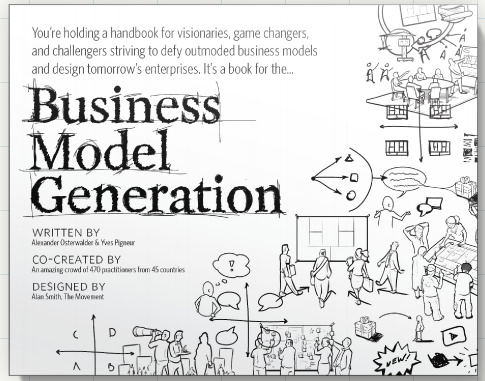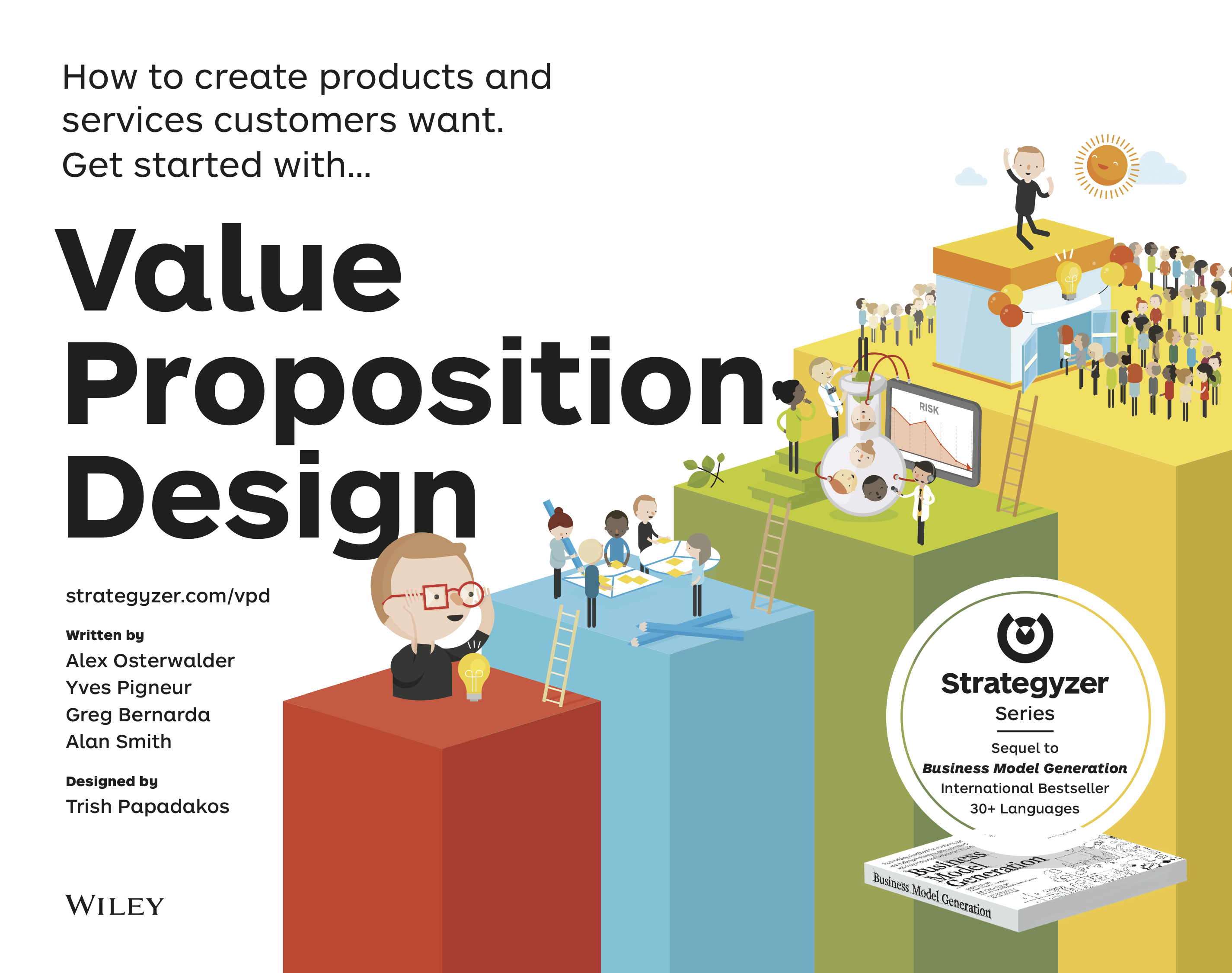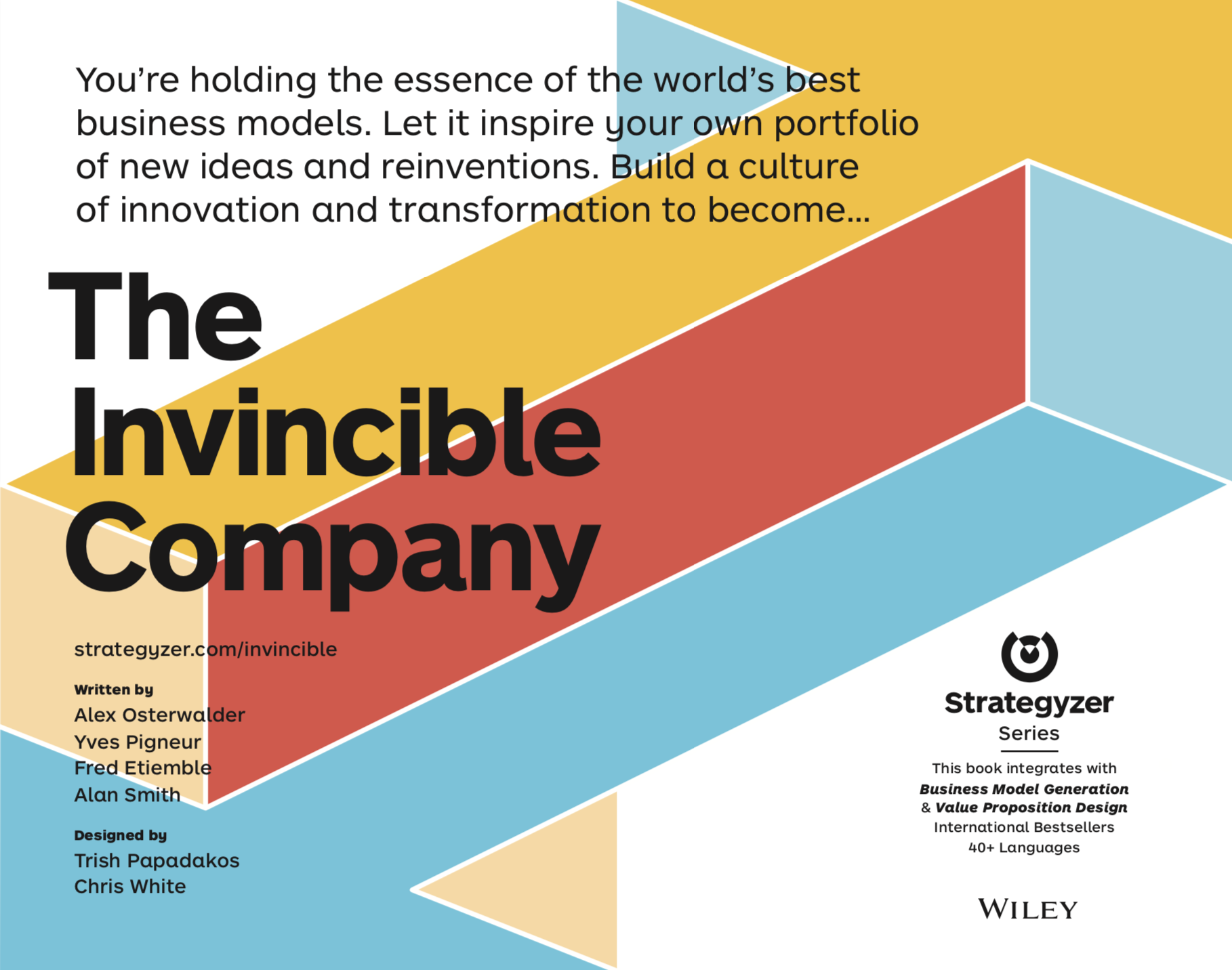Why Mobile Payments Fail? An Analysis of the Swiss Case
Wednesday, October 8th, 2008
with Jan Ondrus (blog)
at
MobileMonday Switzerland
Mobile payments and bankingEPFL > October 6th, 2008 17:30-19:00
Listen, learn and talk :
Mobile payments and banking is already a mass-market phenomenon in Japan and Korea. When will mobile operators deploy mobile payment and banking to other markets?
How do you manage mobile money? You need a value chain of merchants and payers. You need secure transactions. You need universal usability.Many in the industry are still skeptical of mobile money’s promise. They want scale, simplicity and ways to measure success – all of which are underdeveloped right now in mobile platforms.
What are the main approaches to success? NFC application to transportation, micro-payment and money transfers, full mobile banking?
Mobile payments and bankingEPFL > October 6th, 2008 17:30-19:00
Listen, learn and talk :
Mobile payments and banking is already a mass-market phenomenon in Japan and Korea. When will mobile operators deploy mobile payment and banking to other markets?
How do you manage mobile money? You need a value chain of merchants and payers. You need secure transactions. You need universal usability.Many in the industry are still skeptical of mobile money’s promise. They want scale, simplicity and ways to measure success – all of which are underdeveloped right now in mobile platforms.
What are the main approaches to success? NFC application to transportation, micro-payment and money transfers, full mobile banking?
>>> mobilemonday.ch




